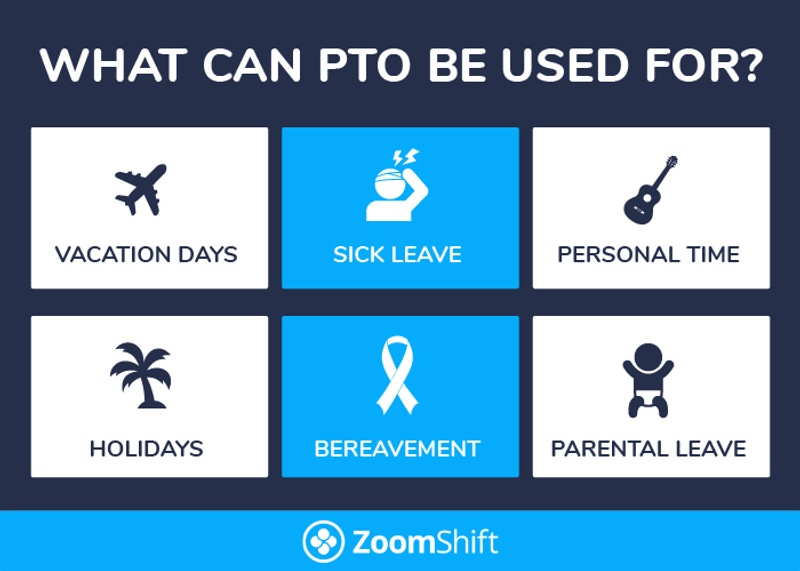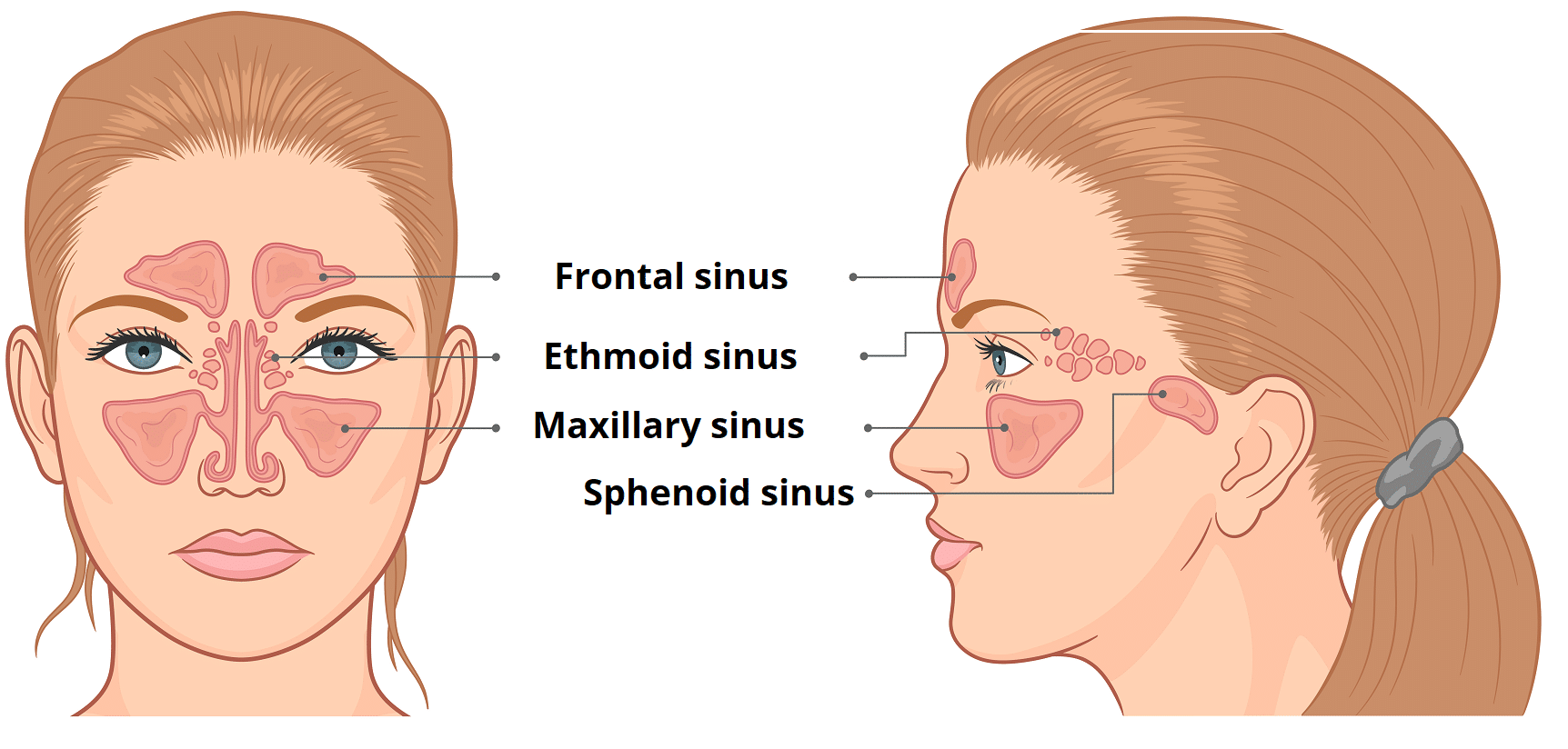Date taught: 15 November 2023
8A/8B – Cold Comfort / Bill of Health
Theme: Symptoms of illnesses, prevention and treatment. Healthcare, medical errors, and compensation.
nest yourself (n) [C2] – to build a nest into something (for example make yourself comfortable and settling into the couch or bed and wrap yourself in blankets)
couch / sofa / divan (n) – a long comfortable seat for two or more people to sit on
duvet (n) – (RU: одеяло) a thick bed covering that is filled with a soft light material (such as feathers)
duvet cover (n) – (RU: пододеяльник) a protective layer that slips over the duvet and has a closure, often is decorative and can be removed and washed
throw pillow (n) – a small decorative cushion (= a bag made of cloth, plastic, or leather that is filled with soft material, often has an attractive cover, and is used especially on chairs for sitting or leaning on) that can be moved around and used in different places
throw blanket (n) – (similar to throw pillow, but in blanket form) a small, decorative flat cover made of wool or similar warm material, usually used on a chair, couch or to wrap yourself in around the house to keep warm

bundled up (ph.v) – to put warm clothes on yourself or someone else; to wrap yourself up in warm clothes or blankets
shiver with the chills (v) – (see the chills, below) when people or animals shiver, they shake slightly because they feel cold, ill, or frightened
without further ado (old fashioned, idiom) – without delaying; immediately
prohibition (n) – a law or a rule that stops something being done or used
The Prohibition (n) – (in the US) the period of time from 1920 to 1933 when it was illegal to make and sell alcoholic drinks
hot toddy (n) – (ages 21+) also known as hot whiskey in Ireland, is typically a mixed drink made of liquor and water with honey, lemon, herbs and spices, and served hot. Recipes vary, and hot toddy is traditionally drunk before retiring for the night, in wet or cold weather or to relieve the symptoms of the cold and flu.
impact your ability to work (n) – the powerful effect that something has on somebody/something
Example: a positive/a negative/an adverse impact; impact on somebody/something Her speech made a profound impact on everyone.
PTO (Paid Time Off) – Paid time off, planned time off, or personal time off, is a policy in some employee handbooks that provides a bank of hours in which the employer pools sick days, vacation days, and personal days that allows employees to use as the need or desire arises.

accrue – to allow a sum of money or debts to grow over a period of time
Example: For every week you work here, you will accrue 2.4 hours of Paid Time Off.
added to the (PTO) pot – phrase used when discussing how much paid time off you have accrued
working/drive oneself into the ground (idiom) – exhaust oneself; wear oneself out; to make yourself tired or ill by working too hard
work ourselves to death / into an early grave (idiom) – an extension of the idiom “work yourself into the ground”, usually expresses concern that one is working so much that there will be health concerns, either from stress or neglect or both
work culture – the typical opinions of office workers, especially as it pertains to how much you work, how you work, expecially the way workers work around weekends, holidays and sick days
what gives it away (ph.v) – to make something known that might have been secret or not obvious
humidifier – a machine used for making the air in a room less dry, typically through hot or cold mist
Example: Each day we turn on a humidifier and blast it to create a moist environment.
indigestion – (acid reflux) pain caused by difficulty in digesting food; pain that you get in your stomach when you have eaten food that is difficult to digest
Example: Do you suffer from indigestion after you have eaten?
upset stomach (n) – an illness in the stomach, it is particularly vague and could indicate that you do not know what is causing the symptom, or it could be a polite way of indicating that you are experiencing digestive issues, nausea, diarrhea, gas with/without pain, etc.
virus = bug
If I didn’t have bad luck, I’d have no luck at all – meaning you only have bad luck (positive, or making light of it)
open heart surgery (n) – a medical operation on the heart, during which the patient’s blood is kept flowing by a machine
while she was under anesthesia (n) – a drug that makes a person or an animal unable to feel anything, especially pain, either in the whole body or in a part of the body — which is used during medical operations; when we say “under anesthesia” we refer to being under the effects of these medications
a complication in surgery (n) [C1] – (also called surgical complications) an extra medical problem that makes it more difficult to complete a surgery
recovery (n) [B2] – the process of becoming well again after an illness or injury
stitches (n) – (1) one of the small lines of thread that you can see on a piece of cloth after it has been sewn; the action that produces this; (2) a short piece of thread, etc. that doctors use to sew the edges of a wound together
stitch up (ph.v) – to use a needle and thread to join things together
Example: Oh yes, after I was hit on the head, I had to go to the doctor, but don’t worry – he stitched me right up!
“Doctor’s are human too, we all make mistakes, and doctors are not immune from that.” -common response to the question about doctors making mistakes.
repercussions (n) – an indirect and usually bad result of an action or event that may happen some time afterwards; SYN: consequence
consequences (n) [B1] – a result of something that has happened, especially an unpleasant result
Example: Remember that actions have consequences.
inevitable (adj) [B2] mistakes (n) [A2] – an action or opinion that produces an unwanted result that you cannot avoid or prevent
malpractice (n) – professional negligence, is an “instance of negligence or incompetence on the part of a professional”; dereliction of duty
malpractice insurance (n) – a type of professional liability insurance intended to cover healthcare professionals which covers a range of expenses associated with defending and settling malpractice lawsuits; it also pays damages if you’re found liable; (similar to car insurance)
liability (n) – the state of being legally responsible for something
lose their license (phrase) – when a licensed professional has legally and officially had their license to practice revoked, often due to misbehavior or dereliction of duty
civil law suit vs. criminal law suit = sue
garnishing wages (v) – to take an amount from someone’s wages (= money paid every week to an employee) or bank account in order to pay back money they owe
Example: The IRS may end up garnishing your wages for the amount due.
in-network –
out-of-network –
shop around –
doctor shopping –
continuing education –
preconceived notions / ideas (adj) – (of ideas, opinions, etc.) formed before you have enough information or experience of something
notions (n) [B2] – an idea, a belief or an understanding of something
IDIOM: under the weather
If you feel (a bit) under the weather, you feeling slightly ill but not seriously ill. However sometimes people say this as an understatement when they feel very ill but want to hide how bad they feel, eg.
Example:
A: Mum, you look terrible! What’s wrong?
B: Oh, it’s nothing. I’m just feeling a bit under the weather.
Example: It’s not easy work to do, so you have to roll up your sleeves.
Symptoms Vocabulary:
runny nose (collocation) – A runny substance is more liquid than usual: If you have a runny nose, your nose is producing liquid all the time.
hacking cough (n) – a harsh, dry and spasmodic cough
ache (n) [B1] – a steady, fairly strong pain in a part of your body; often used with the collocation aches and pains
nauseous (adj) – feeling like you are about to vomit
vomit (v) – to have the food, liquid, etc., that is in your stomach come out through your mouth because you are sick; SYNONYMS: to throw up, puke, retch
vomit (n) – the food, liquid, etc., that comes out of your body through your mouth when you vomit
run-down (adj) – in poor health or physical condition : worn-out or exhausted
fatigue (n) – the state of being very tired : extreme weariness
bed rest (n) – rest while lying in a bed
Example: The doctor prescribed bed rest for a month.
malaise (n) – a slight or general feeling of not being healthy; a general feeling of being ill or having no energy, or an uncomfortable feeling in your body that you cannot quite describe aside from weakness and some achiness, but those are not predominant symptoms (this term is quite vague)
stiff (adj) [B2] – If you are stiff or part of your body is stiff, your muscles hurt when they are moved
stuffed up (adj) – If you are stuffed up, your nose is blocked with mucus, usually because you have a cold
the sniffles (n) – a condition, as a cold, marked by sniffling; a head cold
sneeze (n) – the sensation when air suddenly comes out through your nose and mouth
having the chills (n) – The term “chills” refers to a feeling of being cold without an apparent cause. You get this feeling when your muscles repeatedly expand and contract and the vessels in your skin constrict. Chills can occur with a fever and cause shivering or shaking. Your body chills can be constant.
congestion (adj) [B2] – the state of part of the body being blocked with blood or mucus (with a cold, it is usually “Sinus Congestion”)
wheezing (v) – the shrill, coarse whistling or rattling sound your breath makes when your airway is partially blocked. Some wheezes can only be heard with a stethoscope, but often they can be heard with the human ear.
wheeze (n) – the noisy sound made by a person who is having difficulty breathing or a similar sound
sinus (n) – any of the hollow spaces in the bones of the head that are connected to the inside of the nose

IDIOM: clean bill of health
If your doctor or other specialist gives you a clean bill of health, they say that you are completely well and have no medical problems. Although bill in this usage means document, in the UK this is not typically a real document and you are not actually given anything, e.g. even if the doctor only says the words “You’re fine”, you can still tell other people that you were given a clean bill of health. In the US and other countries, a document from the doctor (called a doctor’s note may be required before returning back to work or school).
at death’s door (idiom) – If you are at death’s door, you are metaphorically near death. This is often used to talk about how people look, e.g. When we saw her she was so pale. She looked at death’s door.
…coming down with something (idiom) – If you are coming down with something, you are in the early stages of an illness. You can come down with a cold, flu, an infection, etc. As there is often some uncertainty about whether one is really ill or not, the expression often collocates with I think or I feel like, e.g. I think I’m coming down with the flu.
this… is killing me (ph.v.) – My back is killing me means that my back is so painful that I can hardly stand it. Other parts of your body and some illnesses can also be used with this expression, e.g. my leg, this indigestion, my headache, etc.
nasty bug going around – When there is a (nasty) bug going round, there is a very infectious illness in your office, school, local community, etc and lots of people are catching it and becoming ill. The expression is often used to explain why there are fewer people than normal at work:
Example:
A: Where is everyone? I thought there were ten people in this office!
B: Yes. There’s a bug going round.
in good shape (idiom) [B2] – to be very fit and healthy, in fit condition
hypochondriac (n) – A hypochondriac is a person who repeatedly believes that they are ill or worries that their health is much worse than it is. Their condition is called hypochondria. If a hypochondriac hears someone talking about an illness or reads about it in a book, they are likely to think that they have it.
diagnosis (n) – When a doctor gives an expert opinion about what is wrong with you, based on their careful examination of you. It is often official and determines the care you will receive.
consultation (n) – a meeting in which someone (such as a doctor or lawyer) talks to a person about a problem, question, etc.
compensation (n) – payment given for doing a job; something good that acts as a balance against something bad or undesirable; something that is done or given to make up for damage, trouble, etc.
compensation claim (n) – a legal and formal request for a payment because something bad happened to you.
negligence (n) – the failure to give someone or something enough care or attention (from the root “Neglect”)
clinical negligence / medical negligence –
stroke (n) – a serious medical condition which can often lead to paralysis, or severe problems in moving or speaking

not an isolated case – it is not the only example, ie there are other instances of this happening.
error of judgement – an important decision that is made wrongly, perhaps because it was made under pressure or it wasn’t thought through logically enough.
(to) speculate (v) [B2] – to form an opinion about something without knowing all the details or facts.
Examples:
I think it’s likely that these people know each other.
I imagine she’s his wife.
They might/may/could be related.
I would think/imagine/guess they’ve been waiting for some time.
I guess that the car has broken down.
I think this has probably happened before.
It looks to me as though the woman is very angry.
Perhaps/Probably/Possibly/It may be that/Maybe there has been an accident.
- Use must, may, might, could and can’t to speculate about events in the present, past or future.
You may come across as a bit too melodramatic - Use modal verb + infinitive/be + –ing to speculate about the present or future.
He must be suffering from a migraine. - Use modal verb + have + past participle to speculate about the past.
Their doctor may have made a mistake. - Use must when you’re very sure that something is true.
- Use may, might or could when you’re less sure that something is true.
- Use can’t when you are sure that something isn’t true or didn’t happen.
Listening Activities:
Attribution: Image by master1305 on Freepik

